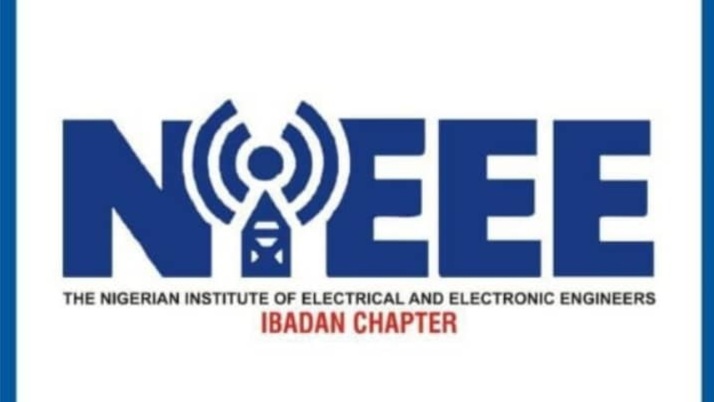Electrical Engineers Brace Up to Improve Power Supply in Nigeria

The Chairman, Nigerian Institute of Electrical and Electronic Engineers (NIEEE), Ibadan Chapter, Engr. Babatunde Ogunpaimo, has said that much progress has not been recorded despite efforts over the years to ensure a consistent power supply in Nigeria, with the sector facing ongoing challenges.
Engr. Ogunpaimo while speaking with newsmen on Thursday in Ibadan noted that various approaches, including privatization, have been attempted to improve the situation, yet a reliable electricity supply remains a challenge.
According to him, while it is common to attribute blame to the government, it is also important to recognize that consumer behaviours shortcomings also significantly impact Nigeria’s energy sector and contribute to its improvement.
He added that power supply in Nigeria requires a multifaceted approach that addresses both infrastructural and institutional challenges.
Engr. Ogunpaimo called for more investment in power infrastructure in Nigeria which includes building of new power plants, upgrading of transmission lines, and improving distribution networks to meet growing demand.

He reiterated the need to encourage investment in renewable energy sources through incentives and favourable policies.
“There is need for more partnership with Independent Power Producers (IPP) and alternative solar energy mini grid producers for unserved and underserved remote communities to have access to good power supply.
“This will ultimately reduce rural to urban migration leading to improvement in food security and mitigate economic challenges for both rural and semi urban dwellers.
“Diversification of energy sources will lead to reduction in over reliance on fossil fuels and increase the share of renewable energy sources like wind and solar power supply.
“Government must also implement measures to improve the efficiency of power generation, transmission, and distribution systems. This includes reducing technical and commercial losses, optimizing operations, and upgrading equipment to modern standards, “he said.
Engr. Ogunpaimo called for Public-Private Partnerships (PPPs) to attract investment, improve service delivery, and promote innovation in the power sector. He noted that PPPs have capabilities to mobilize funds and expertise for large scale projects in the power sector.
The Chairman advised the government to ensure strong regulatory reforms and frameworks in the power sector to promote competition, transparency, and accountability in the sector by ensuring fair tariffs, effective regulations, and creating a conducive environment for private sector participation.
He charged power distribution companies to encourage energy conservation practices among consumers, industries, and businesses.This, he said, would lead to optimization of energy usage and reduce wastages.
“There must be adequate investments in training and skills development programs for workers in the power sector to improve operational efficiency, maintenance practices, and technological capabilities.
“We also need to upgrade the country’s power grid with modern technologies such as smart meters, grid automation, and energy storage systems. These technologies can improve reliability, reduce losses, and enable better demand management,”Ogunpaimo said.
The Chairman noted that encouraging community engagement and awareness on the importance of efficient energy use, conservation, and sustainable practices and other strategies require a coordinated effort involving government agencies, private sector stakeholders, regulatory bodies, and the public.
He emphasized on continuous monitoring, evaluation, and adaptation of policies and initiatives as crucial elements for sustainable improvement in power supply in Nigeria.




